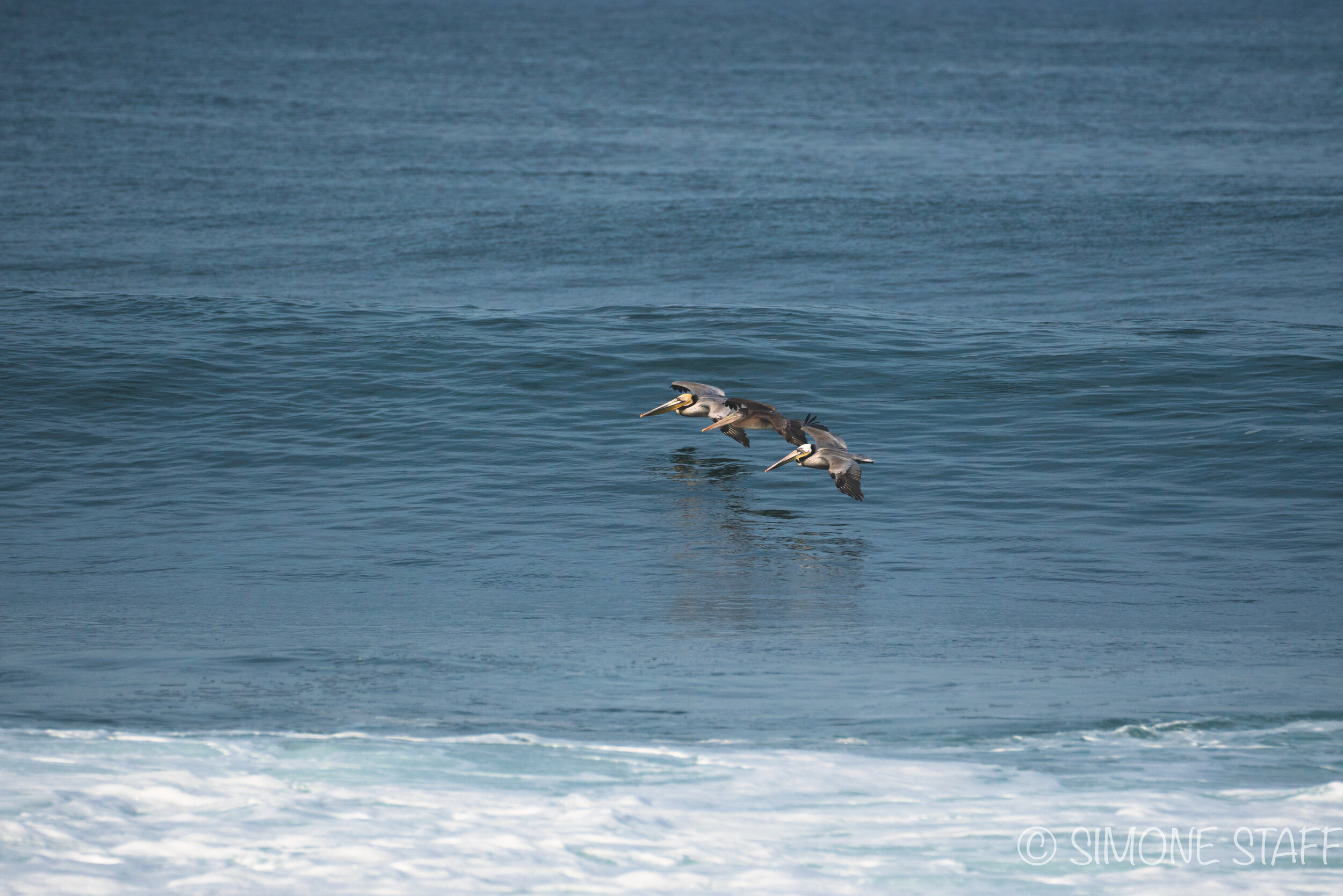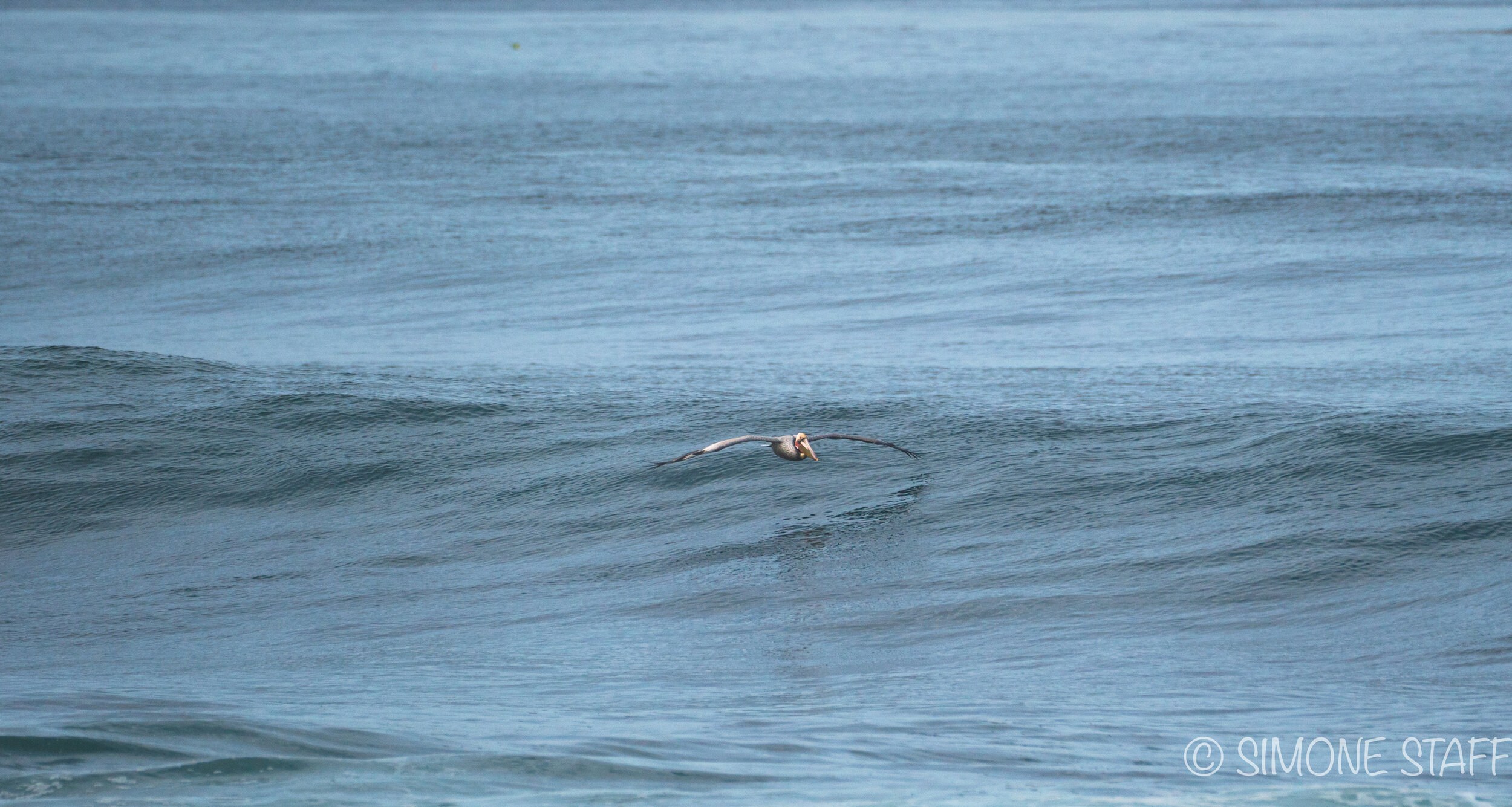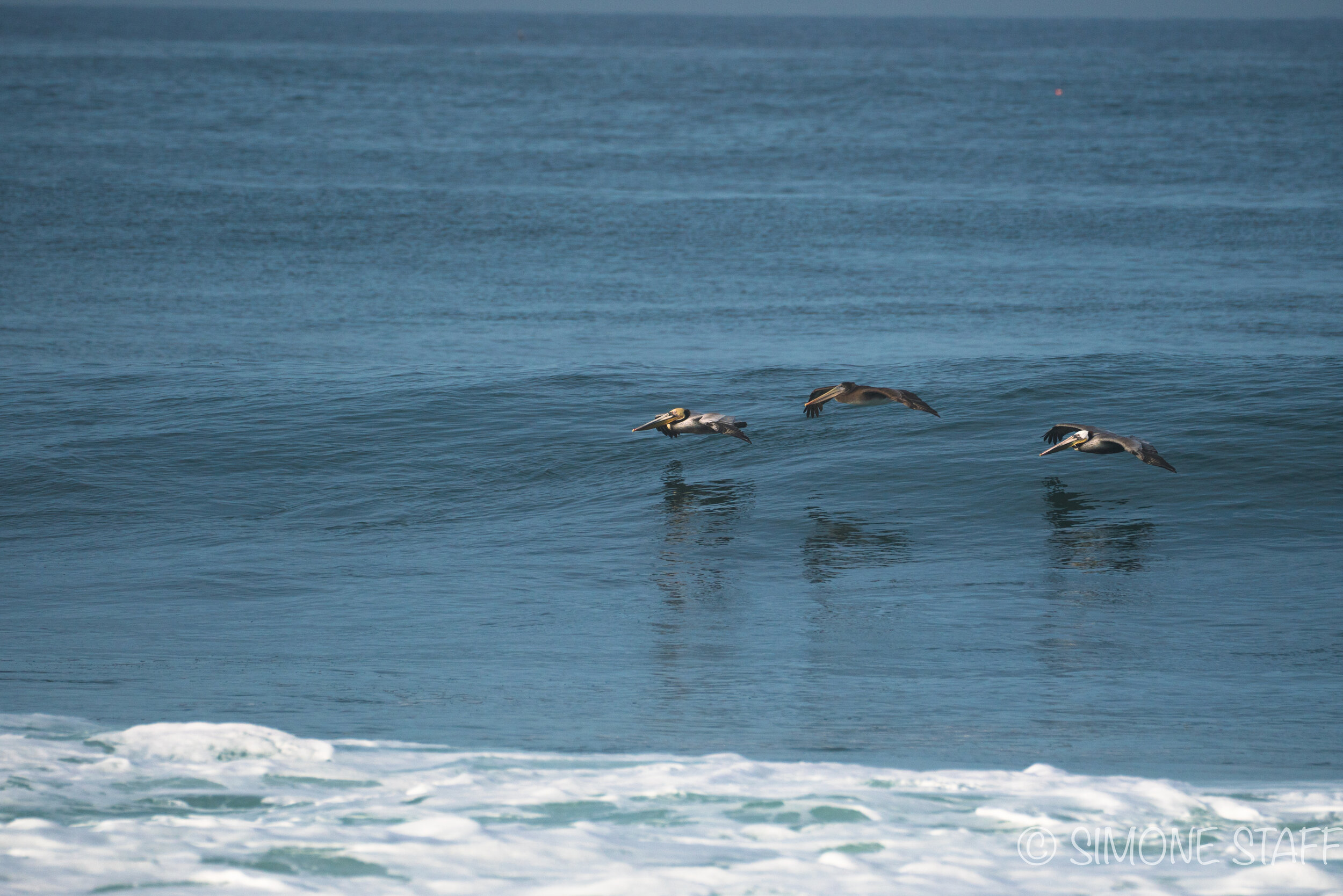Bofu Zheng, PhD Candidate, doing field work as part of the NSF-funded SUNRISE cruise in the Gulf of Mexico in 2021 (Photo by Jen MacKinnon).
Tell us a bit about yourself and what you are studying now —
I did my undergraduate in Zhejiang University, China, with a major in mechatronics engineering. After graduating in 2017, I came to Scripps for my graduate school adventure. Currently, I am a fifth-year PhD candidate, trying to understand some coastal bio-physical interaction problems with the help of high-resolution observational data collected from novel sensors and platforms.
What keeps you excited and interested in working in the field of oceanography?
Many reasons actually. I really love the ocean because it gives me the feeling of freedom and reminds me how tiny human beings are compared to mother nature. Working in this field, especially on a research ship, provides me a unique opportunity to combine my interest with my job, which I appreciate very much. Also, the more I learn about the ocean, the more I feel that there are so many things that remain to be discovered. She is so beautifully organized and mysteriously interesting, which always triggers me into deeper thoughts.
When you were a kid, did you expect to be a scientist or engineer?
Honestly, I did expect myself to be a scientist when I was a child, without any understanding of how hard it might be. When I look back, I feel very fortunate that I am now at a place very close to this childhood dream, with gratitude to lots of people’s help.
What skills or abilities do you think are useful when applying to graduate school in oceanography?
I think the top thing on my list is that you need to have an intense interest in what you are applying for. A PhD is a relatively long journey and sometimes you may be in a difficult situation with limited help, such as getting stuck with in an academic problem or stress from work. At these times, a strong interest in your work will be one of the key forces carrying you through. I always believe interest drives primary productivity. So, listen to the voice from the inner part of your heart before application. Moreover, if possible, I think it will be very useful to reach out to the professor you are interested in. This is not only for the professor to know you, but also, more importantly, for you to learn about the professor’s lab, potential projects, and personality.
What drew you to study at Scripps?
Scripps is definitely one of the top oceanographic institutions in the world, so it has always been my dream to come to Scripps to study. When I prepared my application for graduate schools, I was planning to do something related to ocean instrumentation as an extension of what I learned during my undergraduate. Unlike oceanography programs in many other universities, I feel lucky that Scripps offers a program with focuses on the engineering side of marine science, which is what I ended up in - the applied ocean science curriculum group. It is a good match for students who are interested in learning science with some engineering backgrounds. Furthermore, during my application process, I learned about the amazing science and engineering projects that Rob, Matthew, and Drew were doing, which made me want to come to Scripps more!







